22 Design Fails That Don't Make Sense
Categories: Advertising | Design and Architecture | Entertainment | Positive | Production | Technology
By Vika https://pictolic.com/article/22-design-fails-that-dont-make-sense.htmlWhen you’re neck-deep in your work, you can get so focused on a few details that you no longer see the forest for the trees. Before you know it, you’ve made some major mistakes that are glaringly obvious to practically any bystander. That’s true for any profession, including folks working in graphic and product design.
Created by David Delahunty (@delahuntagram), the ‘Design Fails’ (@designfailures) Instagram account has been amusing social media users for over a decade. The account does exactly what it says on the tin: it focuses on facepalm-worthy design fails that are as confusing as they are amusing. We’re featuring some of the most epic ones to brighten your day. Scroll down to check them out. Oh, and if you’re a designer, keep in mind that these pics might make you cringe extremely hard!
More info: Instagram | DavidDelahunty.com
22 PHOTOS
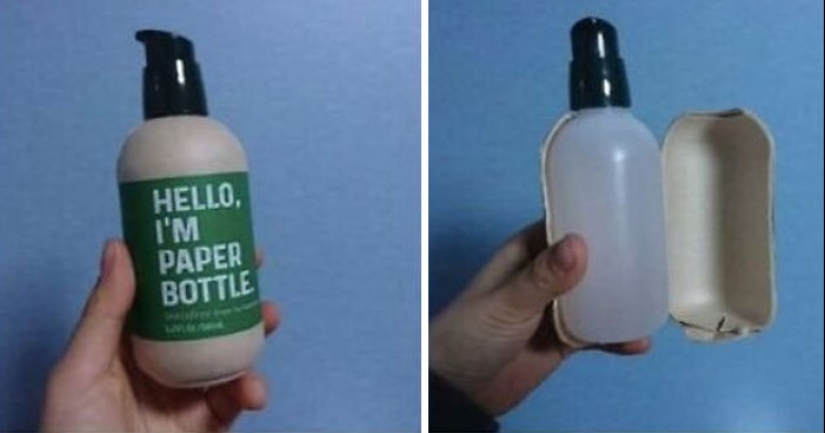
#1

#2
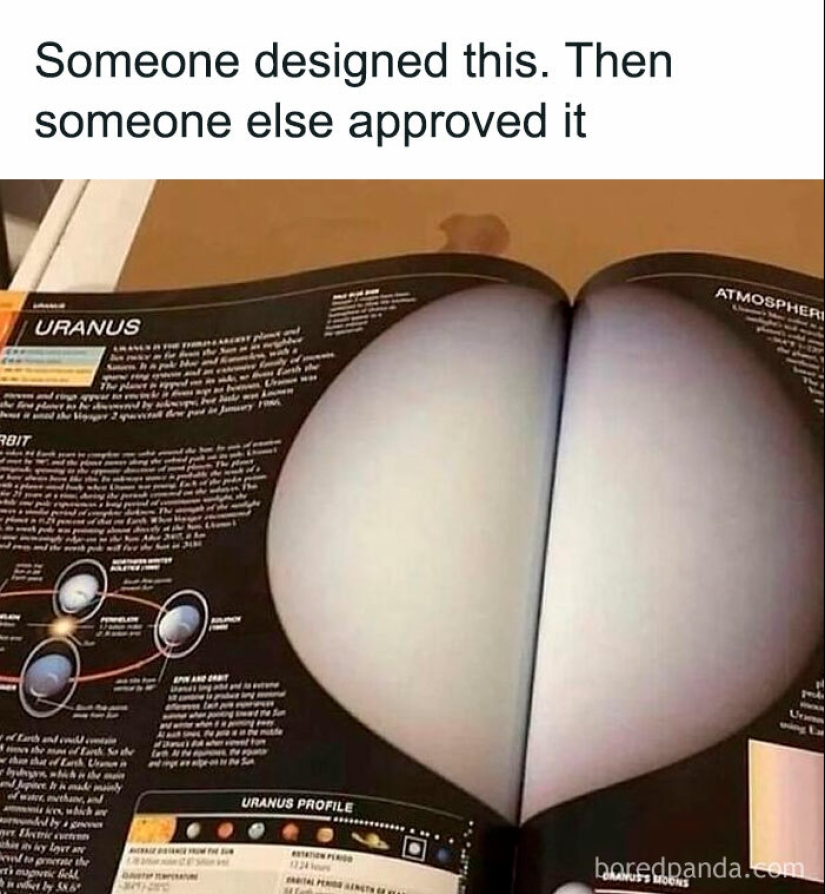
#3
Delahunty created the ‘Design Fails’ account in July 2013. Over the past 11+ years, he’s amassed 31.2k followers on Instagram. The idea behind the account is very straightforward: “When design fails, we share it.”
Pictolic has reached out to the curator via email to learn more about his project and what good design should look like, and we’ll update the article as soon as we hear back from him.
Not only are the photos that Delahunty shares useful for any current and future designers as examples of what not to do, they’re all also wildly enjoyable to look at. There’s a certain element of schadenfreude involved here, too. Like it or not, human beings get a bit of pleasure from another person’s misfortune. And many of us like to think we’d never make the same design mistakes that other professionals have… even though we probably inevitably would find another way to fail.

#4

#5

#6
Aesthetics play a key role in consumer behavior because our brains are wired to respond to beauty. Something that is visually appealing is pleasant to look at, essentially. So, good design makes you feel that the product or service is reliable and has a group of competent people behind it. Meanwhile, the way something is designed can resonate (or not) with consumers’ sense of style and individuality.
On the other hand, visually messy designs—like logos that are hard to read—project unreliability, a lack of quality, and speak volumes about the lack of editing. In other words, bad design is a sign of untrustworthiness.

#7
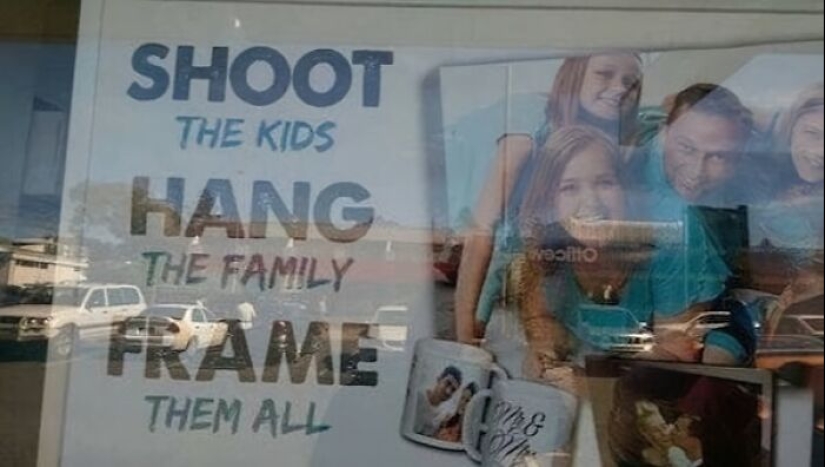
#8
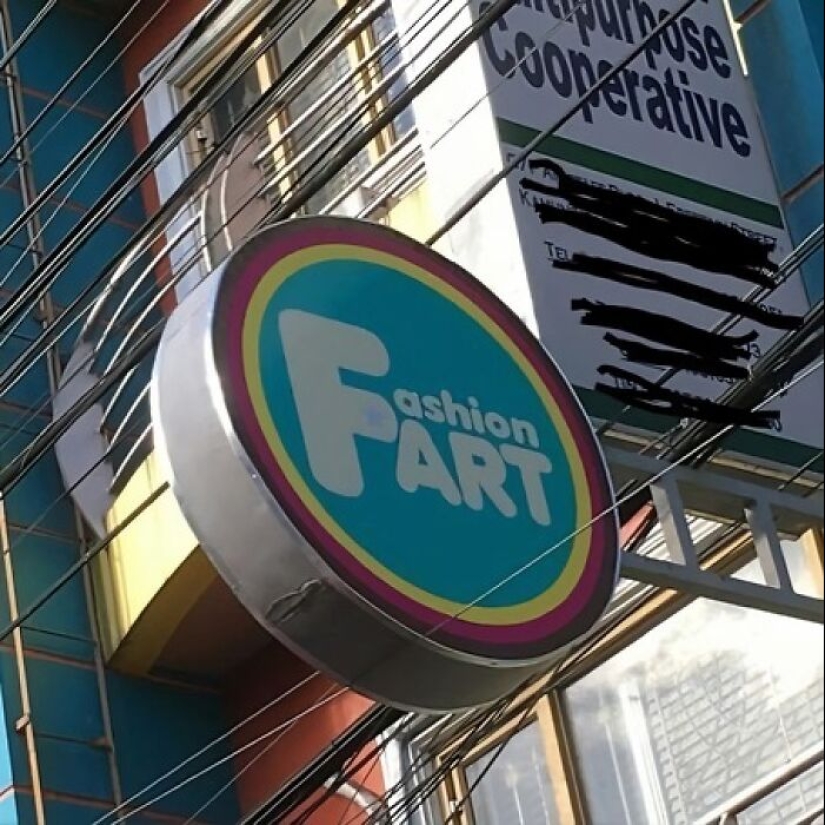
#9
No matter how skilled, perceptive, and talented you think you are, nobody is immune to making mistakes. Everyone messes up from time to time. Nobody’s ‘flawless’ or ‘perfect.’
It’s how you react to the mistakes you make that says a lot about your character. Someone who has a growth-oriented mindset sees failure as an opportunity for growth instead of something that should continue to haunt them for years.
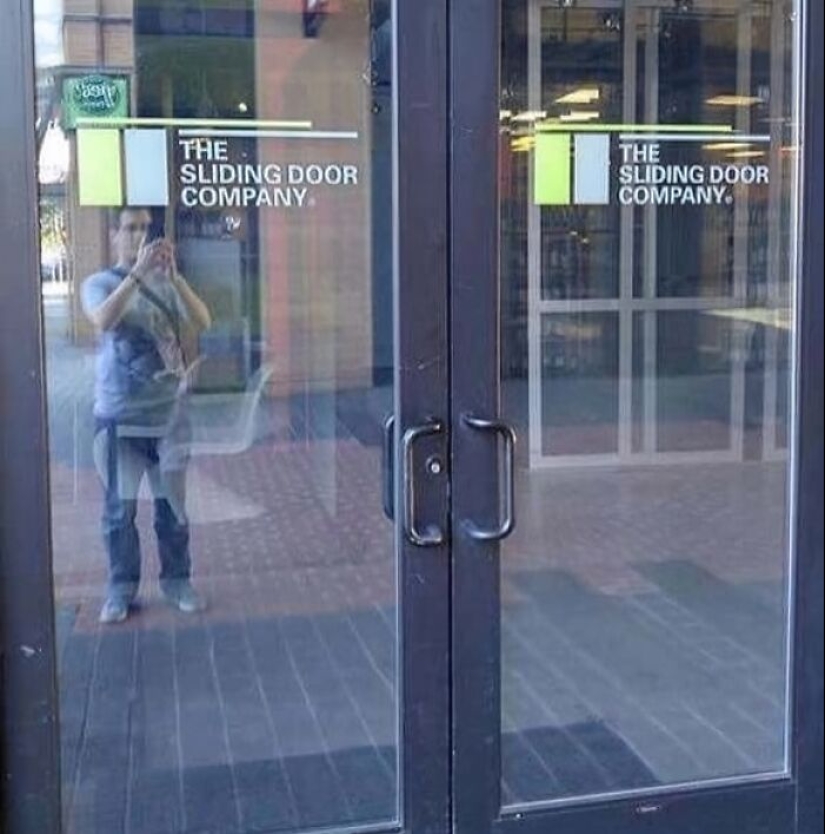
#10
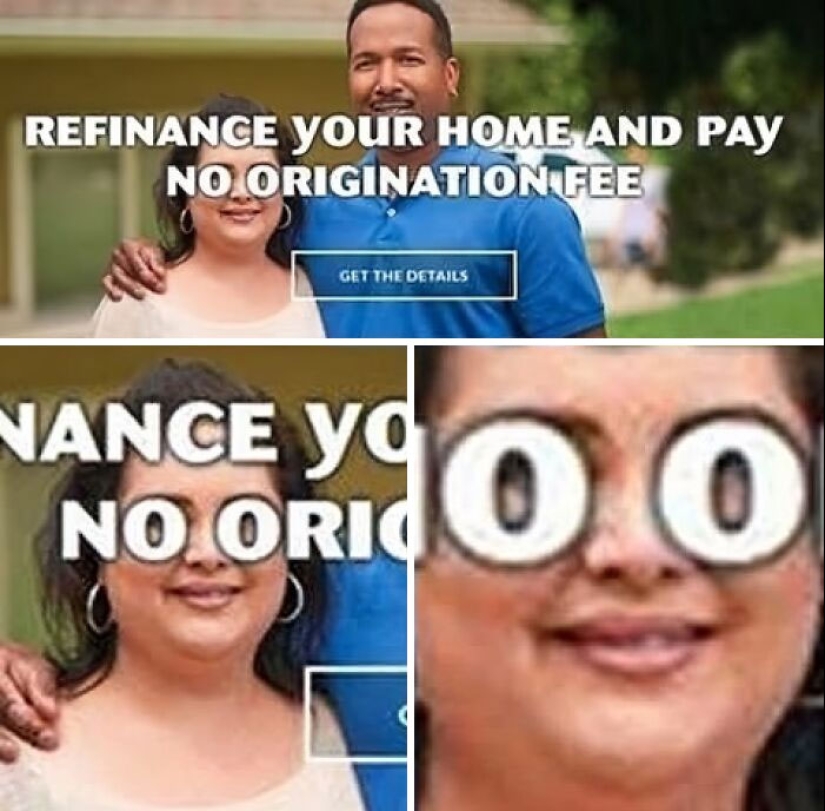
#11

#12
Messing up a design in a very embarrassing and public manner doesn’t have to be a fail. For one, you make a mental note of all the ways you’ll do things better the next time around. But on top of that, this is actually a good opportunity to connect with your audience, clients, and coworkers.
As we’ve covered earlier, displaying signs of mild embarrassment can be socially constructive because everyone is likely to be more sympathetic.

#13

#14

#15
When you embrace your embarrassment (for instance, when the design you’ve worked so hard on gets called out for being ridiculously bad—oops!) instead of shying away from it, you show your human side and vulnerability, which is super relatable.
On the flip side, if you pretend that you haven’t messed up, your social capital can crash. Furthermore, that sense of embarrassment can continue to haunt you, eventually morphing into deep-seated shame. And that’s just plain unhealthy physically, emotionally, and mentally. Laugh it off if you can. And if you can’t find the humor, at least be honest about having made a mistake.

#16

#17
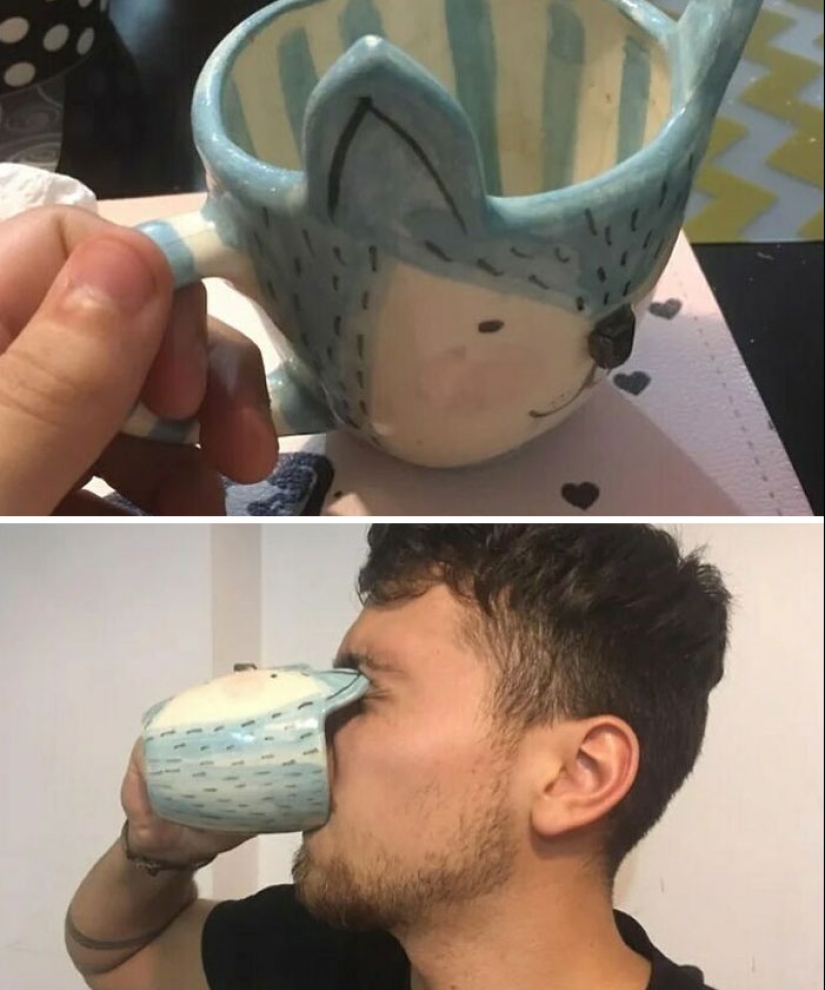
#18
True professionals always strive to get feedback on their work. It might be awkward. It might be uncomfortable. But unless you take the time to see how your ideas and designs are viewed by the outside world, you won’t grow. After all, designs meant for the public are meant to capture attention and bring in revenue.
So, unless you’re doing things purely for the sake of artistic merit, you need to keep your finger on the pulse of consumers. Ideally, you should find a balance between function and form, as well as what consumers want and what your vision as a professional is.
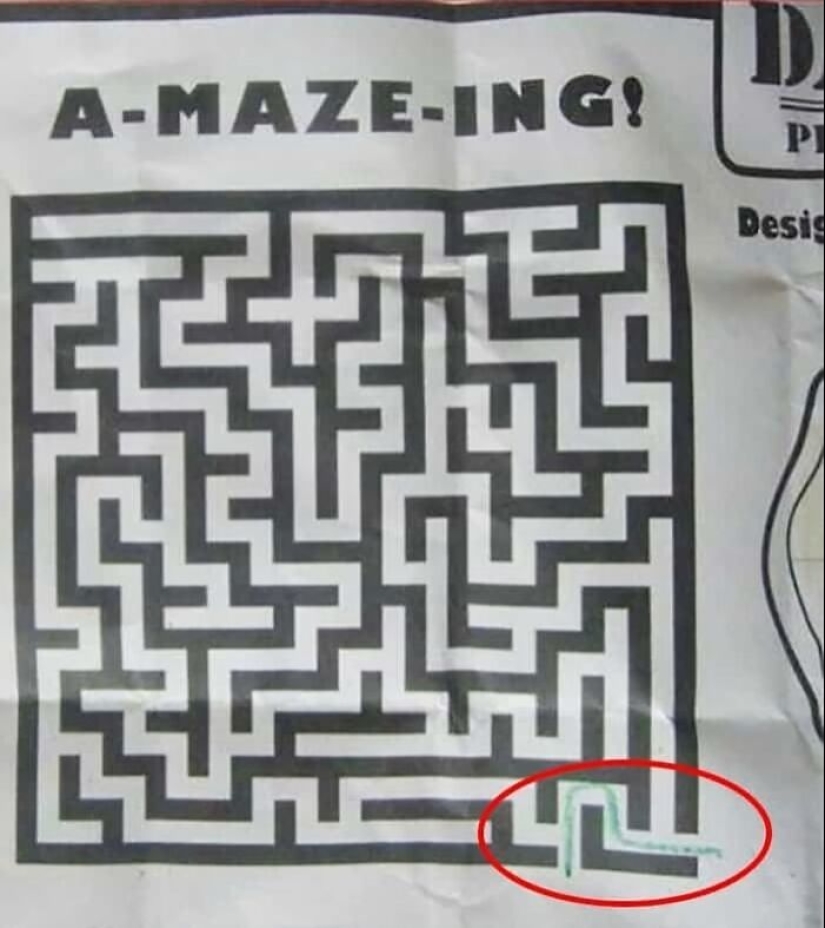
#19

#20

#21
Test out a few designs with a focus group or two. Or, if you don’t have anything as fancy as that, run your visuals or sketches by your family and friends. Ask for some honest feedback and promise that you won’t get upset. Then, when you’ve got a bunch of feedback, sit down and evaluate what’s genuinely useful and what’s not.
Not every critic will be able to articulate why they (don’t) like your design (they might have a gut, instinctive reaction), but when someone offers semi-constructive feedback, it’s usually best to at least think about it.
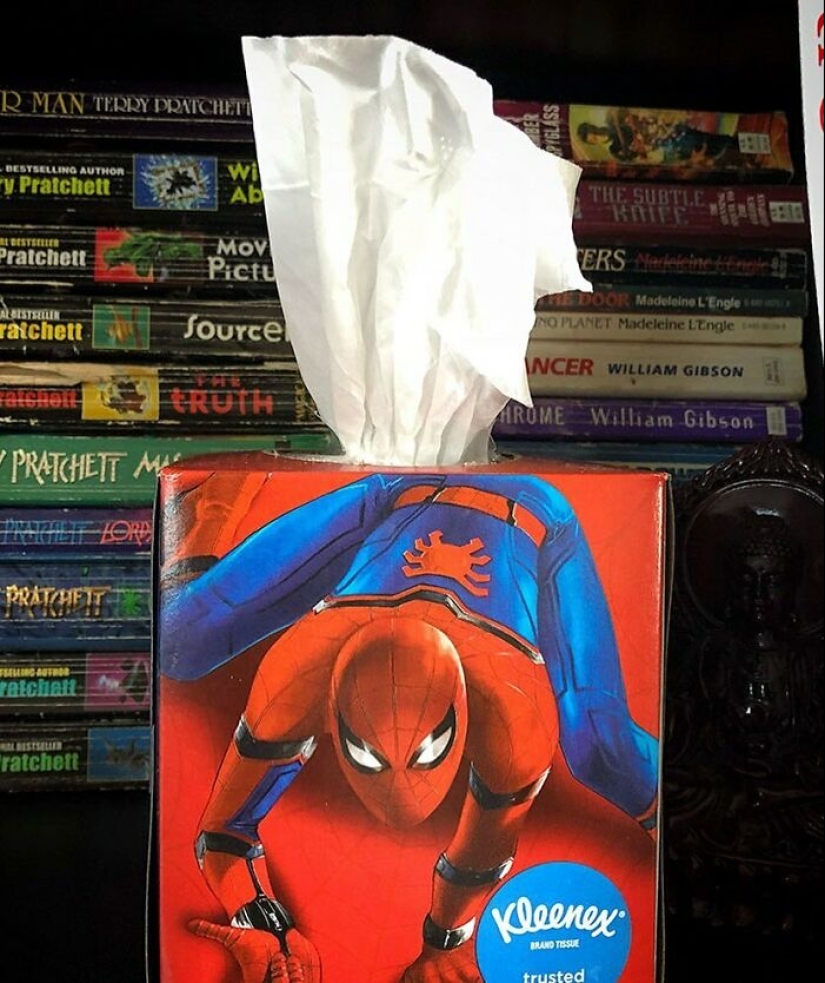
#22
Keywords: Design fails | Design failures | Design mistakes | Product designs | Graphic design | Funny mistakes
Post News ArticleRecent articles

It's high time to admit that this whole hipster idea has gone too far. The concept has become so popular that even restaurants have ...

There is a perception that people only use 10% of their brain potential. But the heroes of our review, apparently, found a way to ...
Related articles

The very point of hiring a professional designer is to get the job done right. Or so we’d like to think. But it seems sometimes ...

The secret of a great public space lies in its design. For people to visit and make use of these places many times over, they have ...

Motivational posters are all around us, giving us 2 minutes of hope and peace of mind. However, as this anti-positive poster ...

New Year's is a time to surprise and delight loved ones not only with gifts but also with a unique presentation of the holiday ...